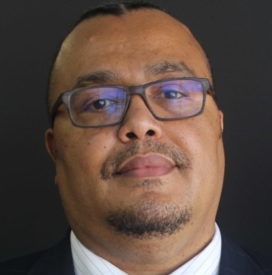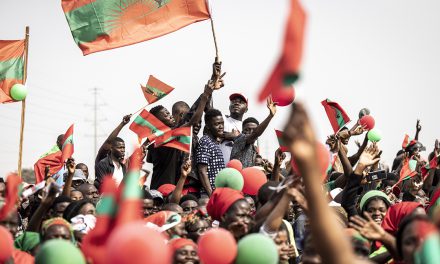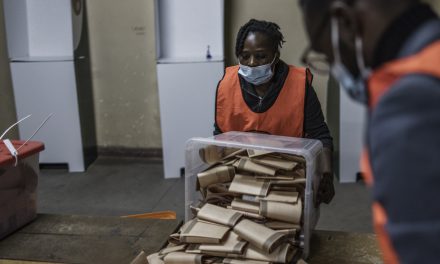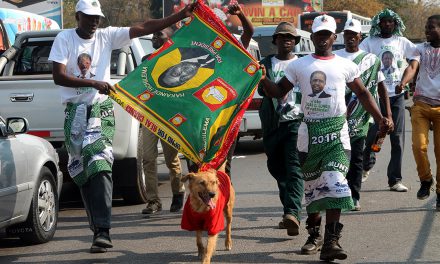While we wait for the official results to be verified and released, the following will provide a summary of events that took place on election day in Uganda
Polling Stations
- Most polling stations opened at 07h00 and closed at 16h00. Some polling stations in Kampala and other areas in northern Uganda opened late as polling material failed to arrive on time.
- Confusion over new polling stations had some voters unsure of where to cast their vote. Many had not picked up their voter location slips, while some had received them but could not read where they needed to vote.
- Biometric Voter Verification (BVV) devices, costing around US$22 million, were acquired for election day to help speed up voter identification and prevent voter fraud. Due to the internet shutdown and limited network connection, these BVV devices failed to work on the day, forcing election workers to revert to manual identification. The electronic devices are used to capture and verify details of voters before they can be issued with ballot papers.
- In the Wandegeya neighbourhood in Kampala, frustrations boiled over as some of the youth waiting to vote refused to give elders and pregnant women preferential treatment.
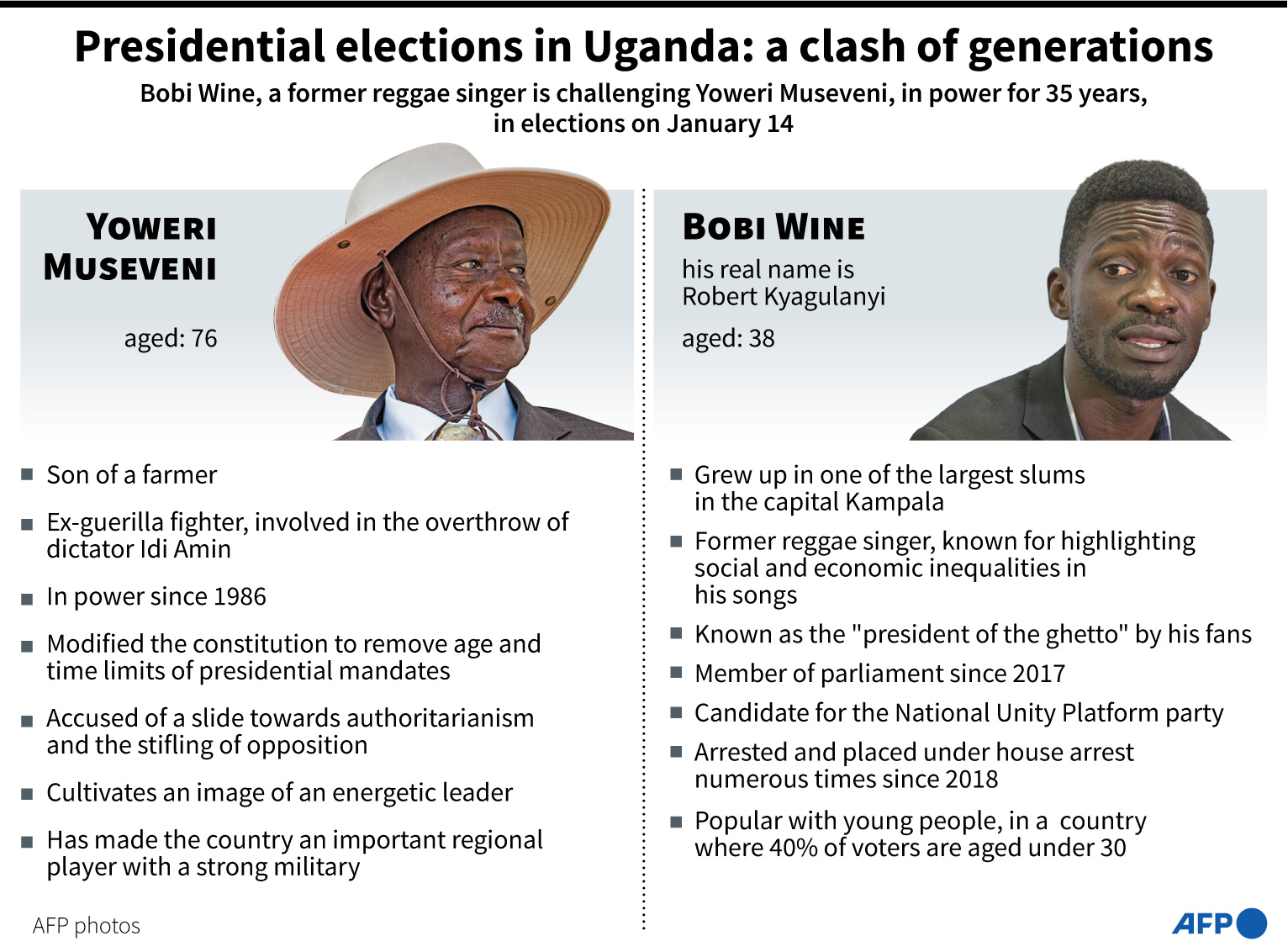
Claims of Election Irregularities
- In the Kira Municipality, reports of ballot papers being delivered with broken seals angered voters who said they would not cast their ballot unless the ballots were sealed.
- At the Kireku Railway polling station, it is claimed polling material arrived with not only broken seals but some of the ballot boxes were half empty. Again, resulting in voters refusing to cast their votes until proper polling material arrived.
- Protests broke out in Kashari County, Mbarara after a box containing ballot papers was stolen in transit to their polling station while voters were reportedly given pre-ticked ballots.
- Outside of Kampala, in the western district of Bunyangabu, claims were made that some polling stations had not opened yet 2 hours later because voters had not shown up to witness the opening of the ballot material. The district has 92,440 voters and 184 polling stations.
Election Violence
- Bobi Wine tweeted late yesterday evening that election day had seen “widespread fraud and violence”, reports of violence on the day have yet to be verified. Soldiers and police continue to patrol the streets while votes are being tallied.
- Alliance for National Transformation Uganda candidate Mugisha Muntu tweeted that when he casted his vote, his polling agents had experienced rejection, arrests and intimidation.
- Police raided Hotel Africana where civil society activists and election observers had set up to gather data from their colleagues from polling stations across the country. The police said they got word that the group had established an illegal parallel vote tallying centre. According to Sarah Bireete, around 20 of her colleagues had been arrested by police.
Internet Shutdown
- Uganda’s electoral commission confirmed that the internet shutdown would not affect the release of election results. Justice Simon Byabakama, head of the Commission, stated their internal mechanisms do not require local internet to share the results.
- The internet shutdown remains in place.
Regional Election Observers
- The East African Community (EAC) sent 74 election observers to observe Uganda’s presidential and parliamentary election this year. Head of the EAC’s mission, Domintien Ndayizeye, said the objective would be to observe the electoral process and offer a balanced assessment. They have not released a preliminary report yet.
- The Intergovernmental Authority on Development (IGAD) sent a small election observer mission to just five districts due to limited funding and manpower. The Observation Mission was composed of 22 observers from IGAD Secretariat and Specialised Institutions and led by Siraj Fegessa, Director of the Peace and Security Division of IGAD. Initial statements from Fegessa allude to his team having observed some election irregularities.
- The Women Situation Room deployed 1,500 observers in 30 districts, as an African Union initiative. They are a peacebuilding initiative that empowers women to be the leading force for democratic and peaceful elections.

